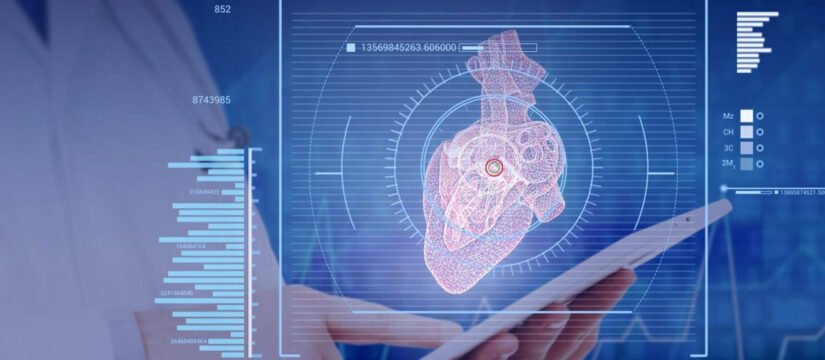
Are you or a loved one facing the prospect of cardiac surgery? At Med Mark Global, we understand the importance of making informed decisions about heart health and surgical interventions. In this comprehensive guide, we’ll explore the various conditions and circumstances that may necessitate cardiac surgery, helping you understand when it may be needed and what to expect.
Understanding Cardiac Surgery
Cardiac surgery, also known as heart surgery, encompasses a range of procedures designed to address structural and functional abnormalities of the heart. These surgeries may involve repairing damaged or diseased blood vessels, valves, or other structures, restoring proper blood flow and function to the heart.
Common Types of Cardiac Surgery
- Coronary Artery Bypass Grafting (CABG): This procedure is performed to bypass blocked or narrowed coronary arteries, restoring blood flow to the heart muscle.
- Heart Valve Repair or Replacement: Surgery may be necessary to repair or replace damaged or malfunctioning heart valves, which regulate blood flow within the heart.
- Aortic Aneurysm Repair: In cases of an enlarged or weakened aortic artery (aneurysm), surgery may be required to repair the vessel and prevent rupture.
- Congenital Heart Defect Repair: Some individuals are born with structural abnormalities of the heart (congenital heart defects) that may require surgical correction.
Indications for Cardiac Surgery
Coronary Artery Disease (CAD)
CAD occurs when the coronary arteries become narrowed or blocked due to a buildup of plaque, restricting blood flow to the heart muscle. Cardiac surgery may be indicated for individuals with severe CAD who have not responded adequately to medications or other interventions.
Heart Valve Disorders
Heart valve disorders, such as mitral valve prolapse, aortic stenosis, or mitral regurgitation, can impair the heart’s ability to pump blood effectively. Surgery may be necessary to repair or replace damaged valves and restore proper function.
Aortic Aneurysm
An aortic aneurysm occurs when a portion of the aortic artery becomes weakened and bulges abnormally. Surgery may be recommended to repair the aneurysm and prevent the risk of rupture, which can be life-threatening.
Congenital Heart Defects
Individuals born with congenital heart defects may require surgical intervention to correct structural abnormalities and improve heart function. These surgeries are often performed in infancy or childhood but may be necessary in adulthood as well.
When to Consider Cardiac Surgery
Symptoms
Persistent symptoms such as chest pain (angina), shortness of breath, fatigue, or swelling in the legs may indicate underlying heart problems that require further evaluation and potential surgical intervention.
Diagnostic Tests
Diagnostic tests such as coronary angiography, echocardiography, or cardiac MRI may reveal the extent and severity of heart disease, guiding treatment decisions and the need for surgery.
Medical Management
In some cases, medications and lifestyle changes may be sufficient to manage heart conditions. However, if symptoms persist or worsen despite conservative measures, surgery may be considered.
Cardiac surgery plays a crucial role in treating a wide range of heart conditions, from coronary artery disease to congenital heart defects. If you or a loved one are experiencing symptoms of heart disease or have been diagnosed with a cardiac condition, it’s essential to consult with a qualified cardiologist to explore all treatment options, including the possibility of surgery. At Med Mark Global, we’re committed to providing comprehensive cardiac care and supporting you every step of the way on your journey to heart health.

Leave Your Comment